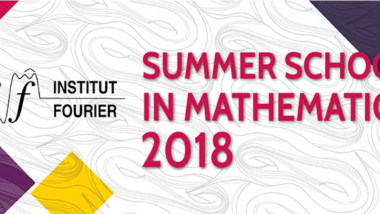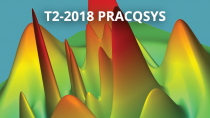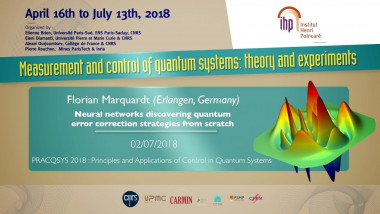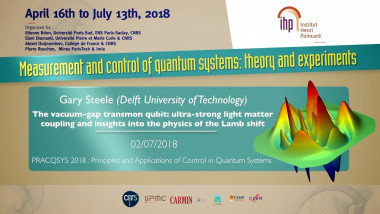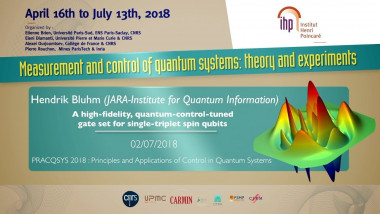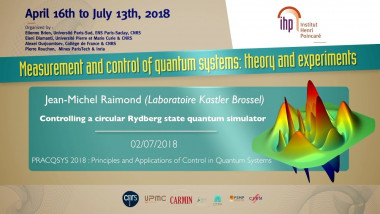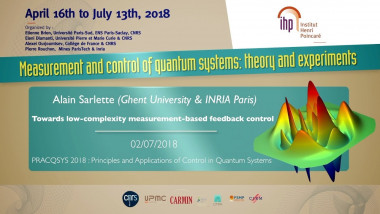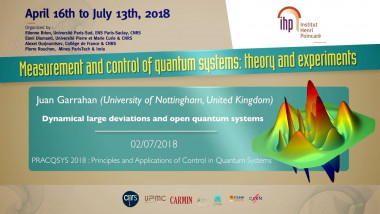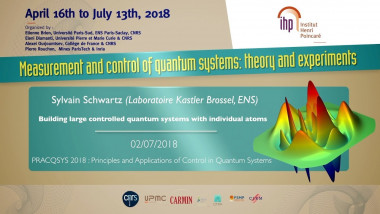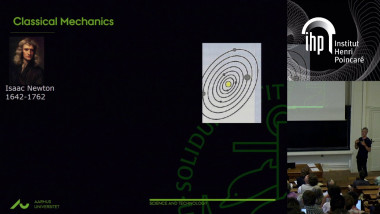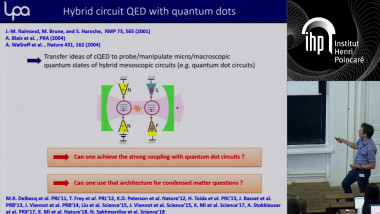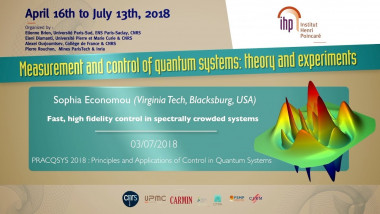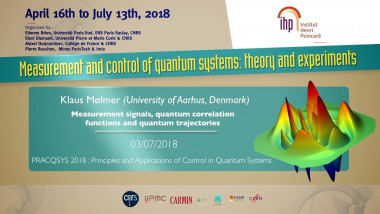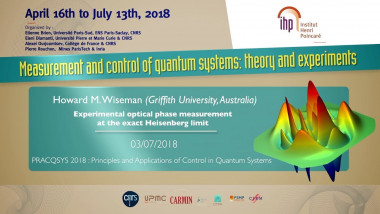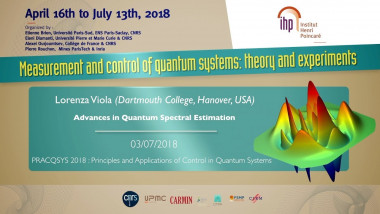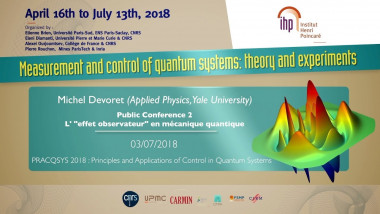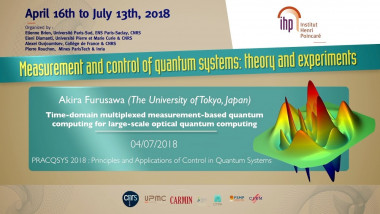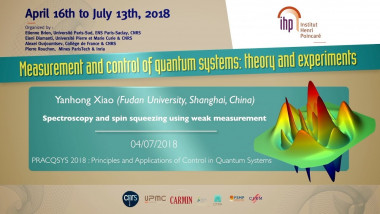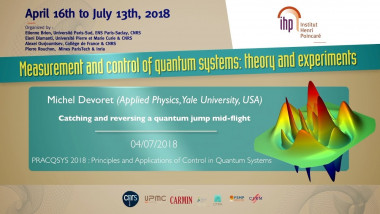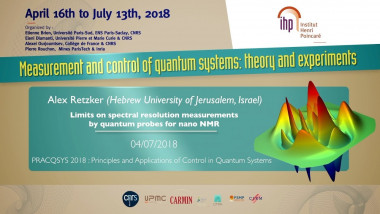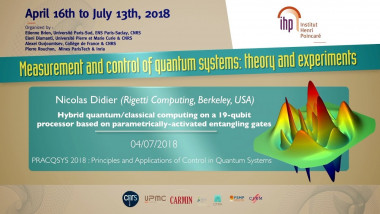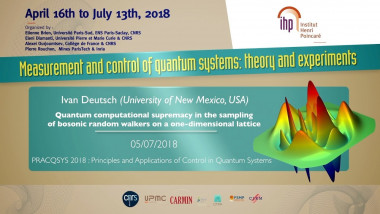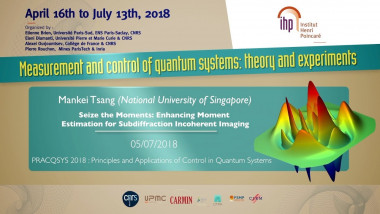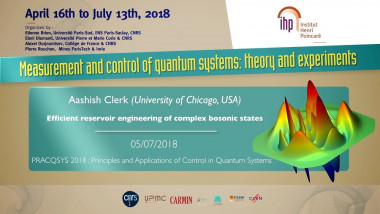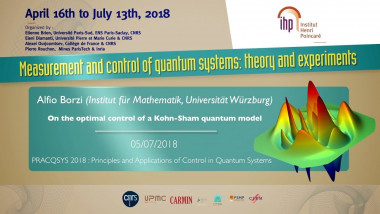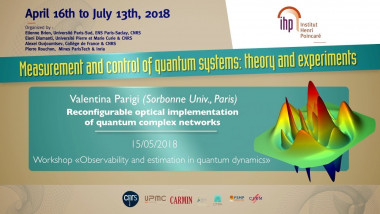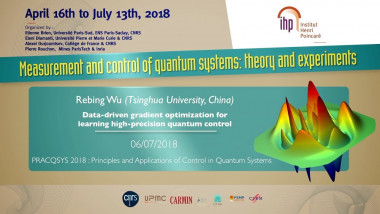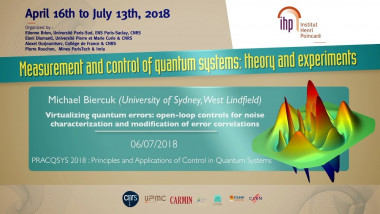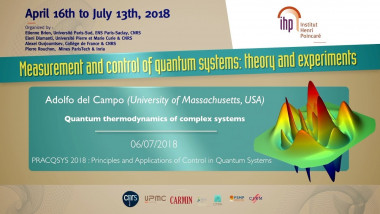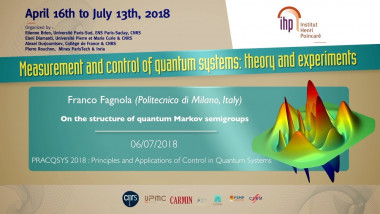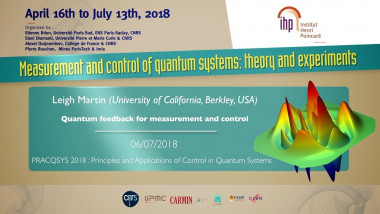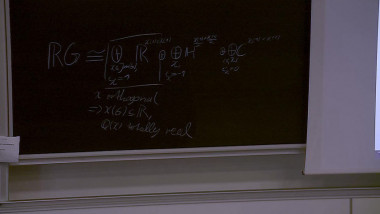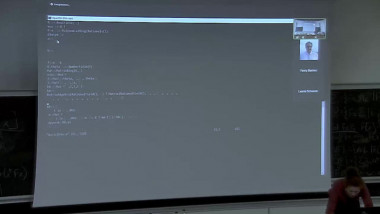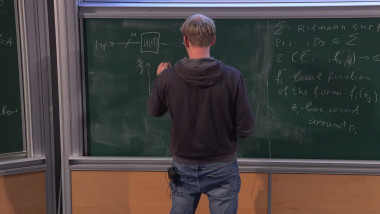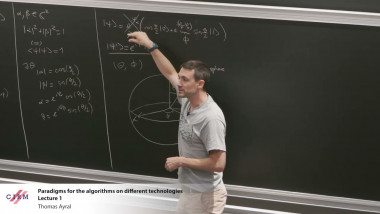Neural networks discovering quantum error correction strategies from scratch
Suppose you are given a set of a few qubits, which are connected in some arbitrary fashion. You are able to apply a certain set of gates and measurements. The qubits are subject to noise, and your goal is to preserve as well as possible the quantum information that is initially stored inside one of the qubits. How do you proceed? Of course well-known approaches exist (stabilizer codes, decoherence- free subspaces, adaptive phase estimation etc.), but the optimal strategy depends very much on the details of the hardware and the noise. It would be best to have a fully autonomous way to discover strategies, where these strategies will also involve feedback, i.e. adaptive responses to measurement results. This is a situation which is perfectly suited for reinforcement learning with neural networks - a technique that has shown spectacular successes in recent years, such as beating human champions in the game of Go. We have applied the technique for the first time to quantum physics, specifically quantum error correction, and in this talk I will present our results as well as the conceptual innovations needed to make it work.

